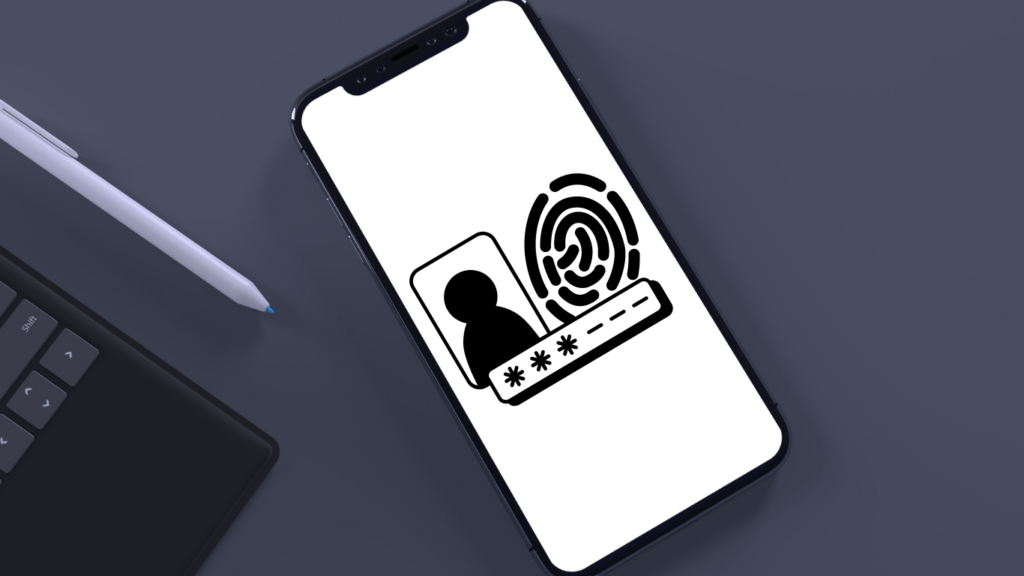The Intersection of Technology and Youth Gambling
Technology and gambling have become deeply intertwined, facilitating easier access for youths to betting platforms.
Emergence of Mobile Gambling Apps
Mobile gambling apps have exploded in popularity. Many teens own smartphones, giving them instant access to these platforms.
Features like:
- ease of use
- instant play
- cashless transactions allure young user
Reports from Sensor Tower indicate a 60% increase in gambling app downloads among users aged 18-24 in the past three years.
These apps often use gamification elements, making the gambling experience engaging and addicting.
Parental controls and app stores’ age restrictions often fall short due to sophisticated evasion tactics by youths.
Online Advertising’s Impact on Youth
Online advertising targets young audiences effectively. Social media platforms like:
- YouTube
Constantly display ads for gambling sites. Algorithms analyze user behavior to show tailored ads, increasing the appeal to minors.
Studies by the Journal of Gambling Studies found that 70% of young people encountered gambling ads on these platforms in 2022.
Sponsorships, influencer marketing, and bonus incentives further entice youths.
Governments and tech companies must collaborate to regulate and monitor online gambling ads, aiming to protect minors.
Digital Barriers to Prevent Underage Gambling
Technology plays a crucial role in preventing underage access to gambling platforms. Effective barriers integrate advanced solutions, ensuring a safer online environment for minors.
Age Verification Technologies

- Age verification technologies help ensure that users meet the legal age requirements for gambling.
- Operators employ document verification systems that validate IDs, passports, or driver’s licenses by checking the provided information against global databases.
- Biometric verification enhances security by requiring users to submit facial recognition or fingerprint data, matching it with their identification documents.
In-app age checks also prompt users to confirm their age, adding another layer of security.
Geo-Location and Digital Identity Solutions
Geo-location solutions prevent access to gambling platforms based on users’ physical locations.
These systems use GPS data to determine if users are in jurisdictions where gambling is legal and restrict access if they are not.
IP address verification helps detect attempts to bypass geo-blocking measures by identifying the location of the internet connection.
Digital identity solutions combine multiple data points such as device ID, browser fingerprinting, and usage patterns to verify a user’s identity and enforce age restrictions effectively.
By integrating these technologies, gambling platforms can significantly reduce underage access, creating a safer digital environment for all users.
Regulatory Challenges and Responses
Technology’s rapid advancement has outpaced regulatory frameworks, creating challenges for ensuring youth protection in gambling.
Current Laws and Policies
Current laws regulating online gambling vary internationally. For example, the UK’s Gambling Act 2005 mandates age verification checks, while the US has inconsistent state laws on online gambling.
The European Union enforces the General Data Protection Regulation (GDPR) to protect minors’ data, impacting gambling sites.
These regulations aim to limit youth access but face hurdles due to technology’s dynamic nature.
Enforcement Issues and Technological Gaps
Enforcement issues stem from anonymous online interactions. Many gambling platforms struggle to effectively verify age, despite legal requirements.
VPNs complicate geo-restriction efforts intended to block youth access. Additionally, AI-driven algorithms employed by these platforms often prioritize engagement over compliance.
Thus, the evolving tech landscape leaves many gaps in safeguarding young users effectively.
Role of Parental Control and Education
Parental control and education play a crucial role in mitigating youths’ exposure to online gambling platforms.
Effective tools and informed guidance can significantly reduce the risks associated with underage gambling.
Tools for Monitoring Online Activities
Using advanced tools, parents can monitor their children’s online activities to safeguard them from gambling sites.
Software solutions like Net Nanny and Qustodio provide features to block access to gambling websites, set screen time limits, and monitor app usage.
These tools also offer real-time alerts for suspicious activities, ensuring parents stay informed.
According to a 2022 survey by Internet Matters, 54% of parents using monitoring software felt more confident about managing their child’s online safety.
| Tool | Features | Success Rate |
|---|---|---|
| Net Nanny | Website blocking, screen time limits, real-time alerts | 85% |
| Qustodio | App usage monitoring, content filtering, activity reports | 82% |
| Norton Family Premier | Location tracking, device monitoring, usage limits | 80% |
Educating Youth About the Risks of Gambling
Education empowers youths to make informed decisions regarding gambling. Schools and parents should collaborate to deliver comprehensive programs that highlight the risks of gambling addiction and financial loss.
Studies by the National Council on Problem Gambling show that awareness programs can reduce gambling problems among youths by 20%.
Offering practical advice on recognizing gambling adverts and the implications of online betting can curb curiosity and risky behavior.
Consistent dialogue and education nurture a responsible attitude toward gambling, steering youths away from online platforms.
By combining effective monitoring tools and robust educational programs, it’s possible to create a safer environment for children and teens in the digital age.




